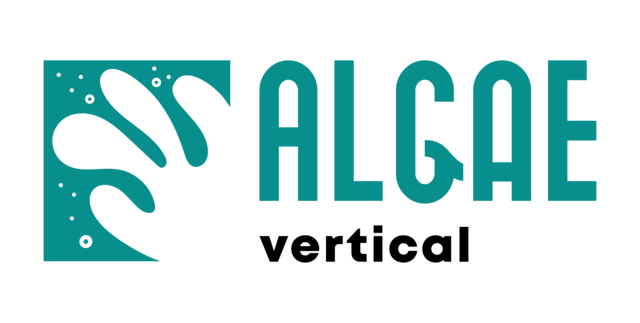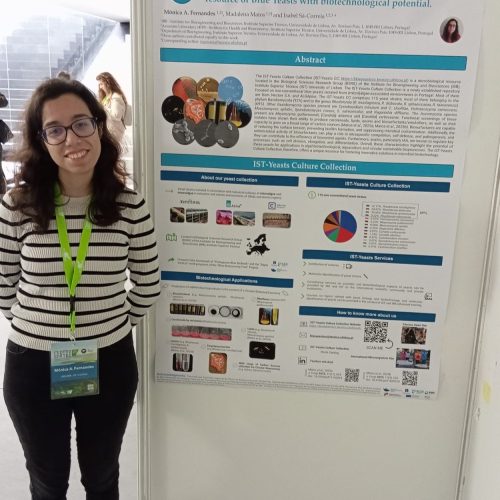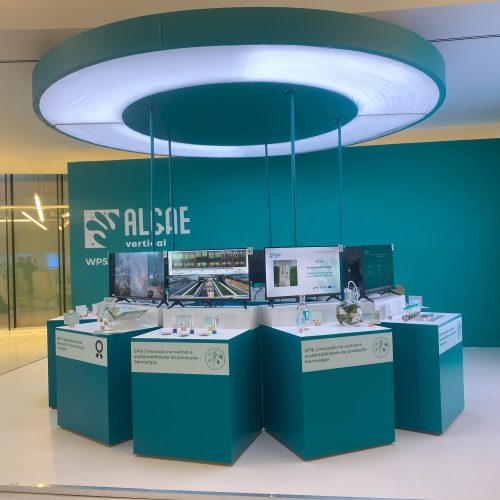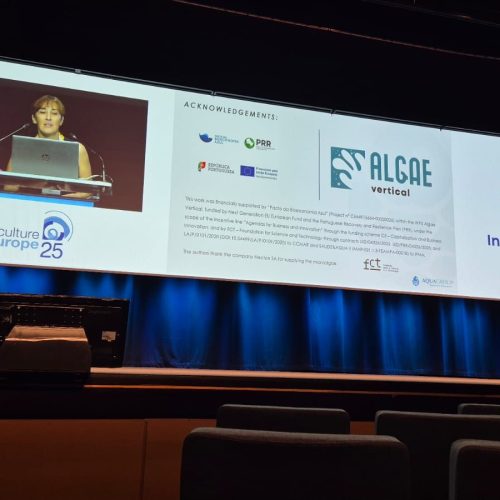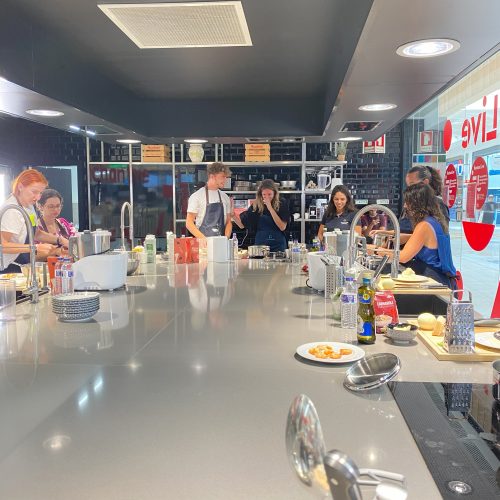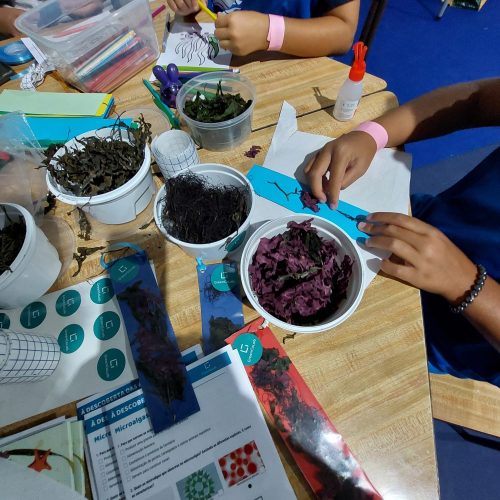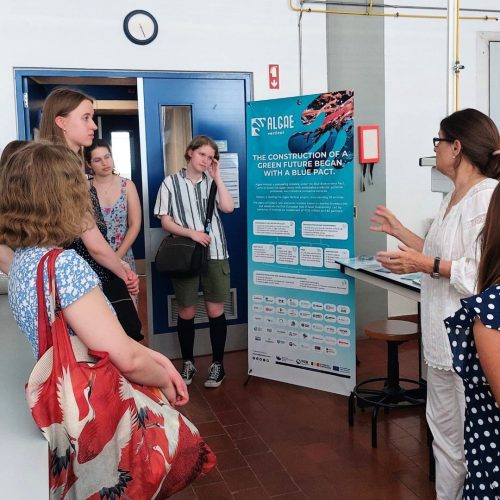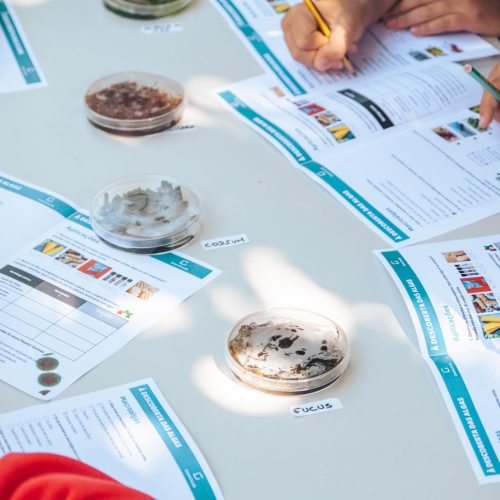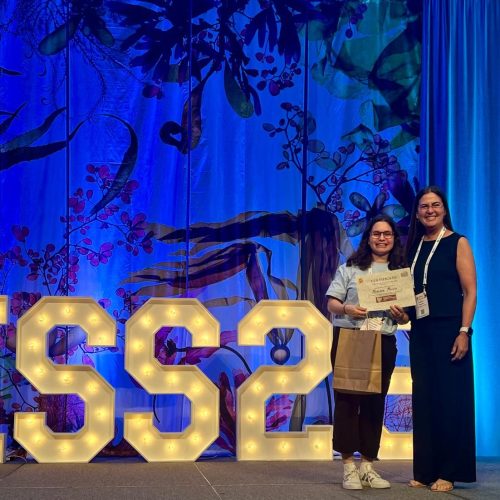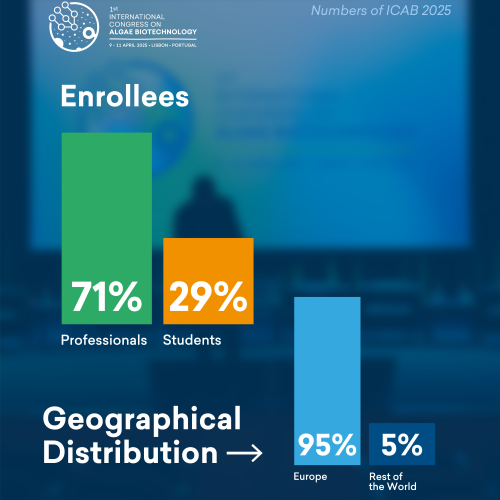Algae Vertical: Where the origin unlocks the Power to sustainability
The construction of a Green Future began with a Blue Pact. Get to know both.
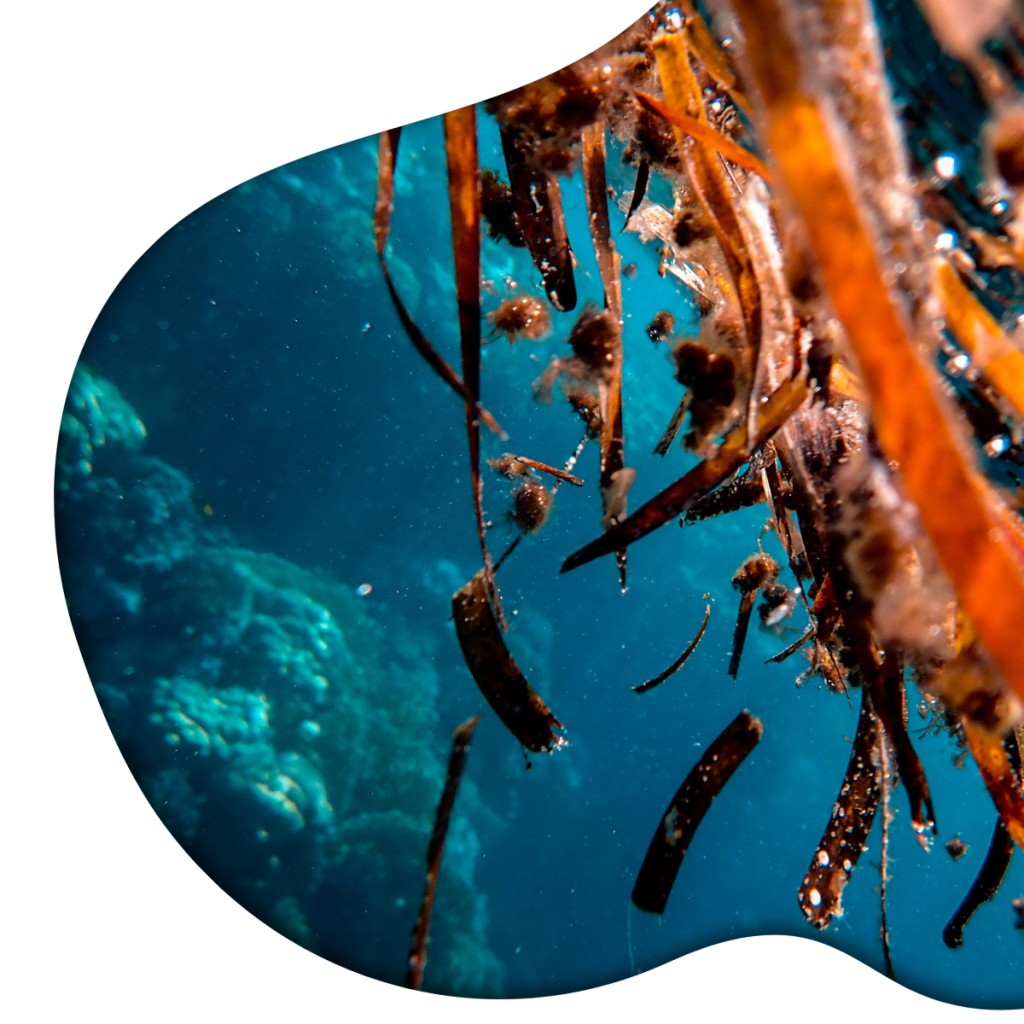
Main Expected Outcomes
Products
1.
New improved algae strains/ species and associated microbiome.
2.
New algae biomass (micro and macroalgae) produced in a more sustainable way, with optimized nutritional values for the different applications outlined in the project.
3.
New refined functional ingredients of high and medium value.
4.
Nutraceutical and cosmeceutical products based on algae.
5.
Nutritional food products for human consumption.
7.
Algae-based agricultural products.
6.
Functional foods derived from algae (for Senegalese sole, sea bass and sea bream).

Manufacture Process
New process improvements (e.g. reuse of production inputs; application of low-cost membranes in harvesting)
New units/routes for algae biomass refinery to fractionate metabolites and develop new ingredients
New purification process for nutraceutical and cosmeceutical purposes
New algae-based environmental services (e.g. bioremediation)
Patent Request
The algae innovation that drives our motivation
Algae Vertical Subprojects
SP1a - Innovation in cultivation and production sustainability – Microalgae
Subproject 1a concentrates on enhancing microalgae production sustainability via innovative cultivation techniques. It aims to boost productivity and reduce costs by sourcing resources (water, nutrients, CO2, energy) from other industries, promoting circularity. These advancements will be tested in three Demonstration Units, evaluated environmentally and socially through life cycle analysis, and ensure product safety and quality for subprojects partners.
SP1b - Innovation in cultivation and production sustainability – Macroalgae
Subproject 1b demonstrates the integration of seaweed with fish farming in land-based and at-sea IMTA systems. Biomass from AlGAplus and SEACULTURE farms will undergo chemical analysis and support other subprojects. The bioremediation efficiency of these systems will be assessed through water and biomass analysis, aligning with partners’ goals for optimized results.
SP1c - Innovation in cultivation and production sustainability – Microbiome
Subproject 1c focuses on innovative algae cultivation, including bioprospecting for faster-growing strains. Genetic improvements and high-throughput screenings will be used to select resilient strains. The microbiome associated with algae cultures will be studied to improve growth strategies, increasing biomass value and validating improvements at pilot and industrial scales.
SP2 - New Biorefinery Models
Subproject 2 maximizes algae biomass commercial value with innovative biorefinery processes. Two demonstrator units validate lab and pilot-scale processes, emphasizing sustainable harvesting, drying, transformation, fractionation, and valorization. Ingredients undergo chemical and functional characterization, creating new products for various applications thus establishing new value chains.
SP3 - High Value: Nutraceuticals and Cosmeceuticals
Subproject 3 advances sustainable development in the algae industry, focusing on high-value algae-derived products for nutraceuticals and cosmeceuticals. It identifies and develops new compounds, integrating this technology into existing industries and validating marine products’ properties and applications for high-value markets.
SP4a Food: Sea2Fork – Ready to eat meals with algae
Subproject SP4a transforms research into real-world prototypes, creating convenient ready-to-eat foods blending vegetables and algae. These options offer unique sensory experiences and promote sustainability by reducing strain on terrestrial resources.
SP4b - Algae for meat, fish and egg analogues
Subproject 4b focuses on innovative algae-based foods that enhance nutritional value and well-being. It introduces three food prototypes validated at a pilot scale, promoting the shift from animal-based to plant-based diets, expanding plant-based food options for consumers.
SP5 – Feed
Subproject 5 develops fish feeds enriched with bioactive extracts or processed algae biomass to enhance fish performance and resilience to stress and infections. Led by SPAROS, this collaboration includes specialized industry partners and research institutes, with support for dissemination and project management.
SP6 – Agriculture
Subproject 6 enhances sustainability in agriculture by developing biofertilizers, biostimulants, and bioprotectants from algae biomass. These products reduce reliance on synthetic chemicals, aligning with Green Deal targets. The project involves 11 co-promoting entities, creating superior algae-based products and securing valuable patents.
SP7 - Regulation, Market, and Extended Dissemination
Subproject 7 addresses algae industry challenges, focusing on regulatory and market access issues. It aims to streamline approvals, raise market awareness, and improve the regulatory landscape to unlock algae-based innovations’ potential across industries.
SP1a - Innovation in cultivation and production sustainability – Microalgae
Subproject 1a concentrates on enhancing microalgae production sustainability via innovative cultivation techniques. It aims to boost productivity and reduce costs by sourcing resources (water, nutrients, CO2, energy) from other industries, promoting circularity. These advancements will be tested in three Demonstration Units, evaluated environmentally and socially through life cycle analysis, and ensure product safety and quality for subprojects partners.
SP1b - Innovation in cultivation and production sustainability – Macroalgae
Subproject 1b demonstrates the integration of seaweed with fish farming in land-based and at-sea IMTA systems. Biomass from AlGAplus and SEACULTURE farms will undergo chemical analysis and support other subprojects. The bioremediation efficiency of these systems will be assessed through water and biomass analysis, aligning with partners’ goals for optimized results.
SP1c - Innovation in cultivation and production sustainability – Microbiome
Subproject 1c focuses on innovative algae cultivation, including bioprospecting for faster-growing strains. Genetic improvements and high-throughput screenings will be used to select resilient strains. The microbiome associated with algae cultures will be studied to improve growth strategies, increasing biomass value and validating improvements at pilot and industrial scales.
SP2 - New Biorefinery Models
Subproject 2 maximizes algae biomass commercial value with innovative biorefinery processes. Two demonstrator units validate lab and pilot-scale processes, emphasizing sustainable harvesting, drying, transformation, fractionation, and valorization. Ingredients undergo chemical and functional characterization, creating new products for various applications thus establishing new value chains.
SP3 - High Value: Nutraceuticals and Cosmeceuticals
Subproject 3 advances sustainable development in the algae industry, focusing on high-value algae-derived products for nutraceuticals and cosmeceuticals. It identifies and develops new compounds, integrating this technology into existing industries and validating marine products’ properties and applications for high-value markets.
SP4a Food: Sea2Fork – Ready to eat meals with algae
Subproject SP4a transforms research into real-world prototypes, creating convenient ready-to-eat foods blending vegetables and algae. These options offer unique sensory experiences and promote sustainability by reducing strain on terrestrial resources.
SP4b Food - Algae for meat, fish and egg analogs
Subproject 4b focuses on innovative algae-based foods that enhance nutritional value and well-being. It introduces three food prototypes validated at a pilot scale, promoting the shift from animal-based to plant-based diets, expanding plant-based food options for consumers.
SP5 – Feed
Subproject 5 develops fish feeds enriched with bioactive extracts or processed algae biomass to enhance fish performance and resilience to stress and infections. Led by SPAROS, this collaboration includes specialized industry partners and research institutes, with support for dissemination and project management.
SP6 – Agriculture
Subproject 6 enhances sustainability in agriculture by developing biofertilizers, biostimulants, and bioprotectants from algae biomass. These products reduce reliance on synthetic chemicals, aligning with Green Deal targets. The project involves 11 co-promoting entities, creating superior algae-based products and securing valuable patents.
SP7 - Regulation, Market, and Extended Dissemination
Subproject 7 addresses algae industry challenges, focusing on regulatory and market access issues. It aims to streamline approvals, raise market awareness, and improve the regulatory landscape to unlock algae-based innovations’ potential across industries.
Each groundbreaking project needs exciting partners
Meet Ours
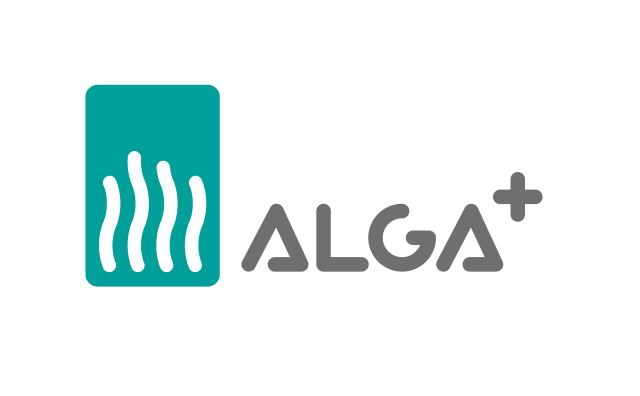

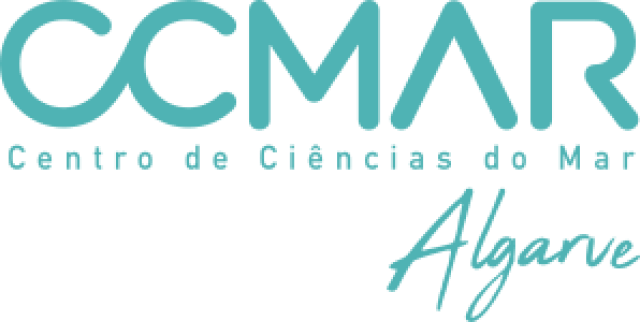

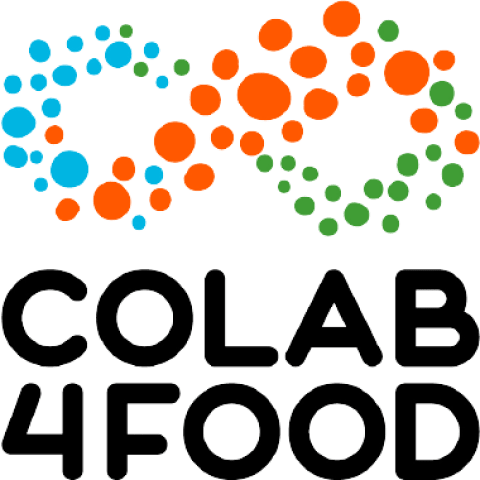

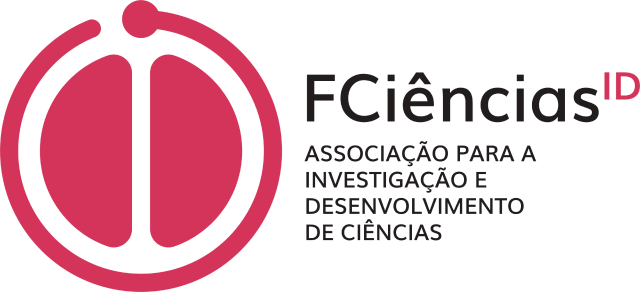






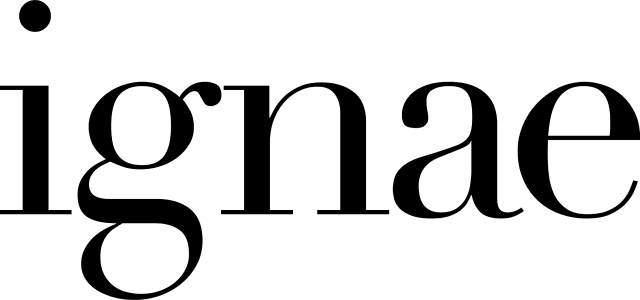

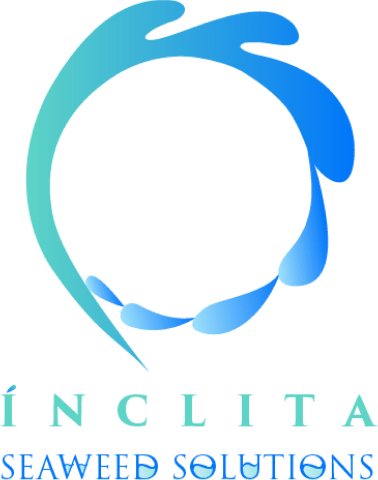
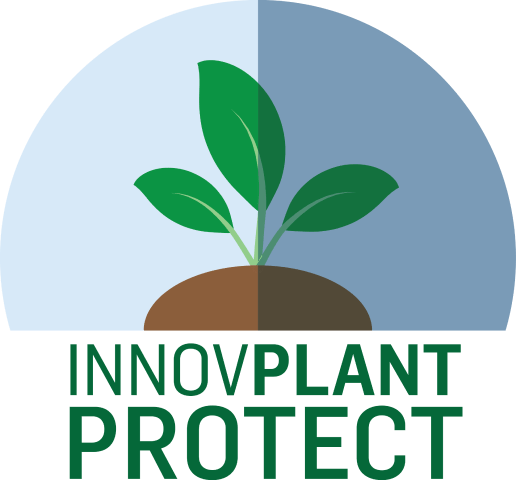
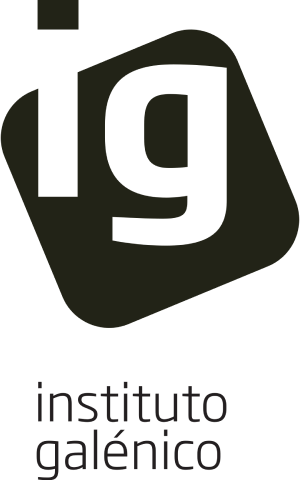
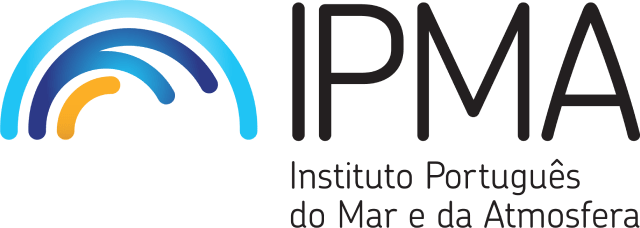

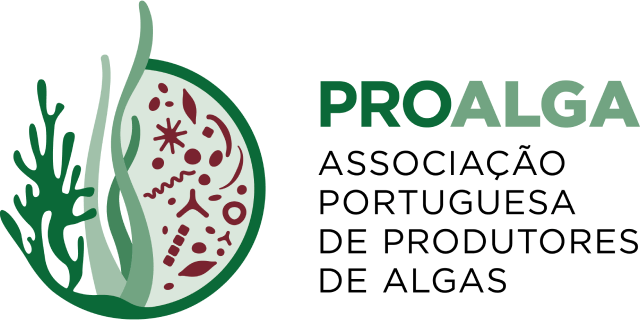
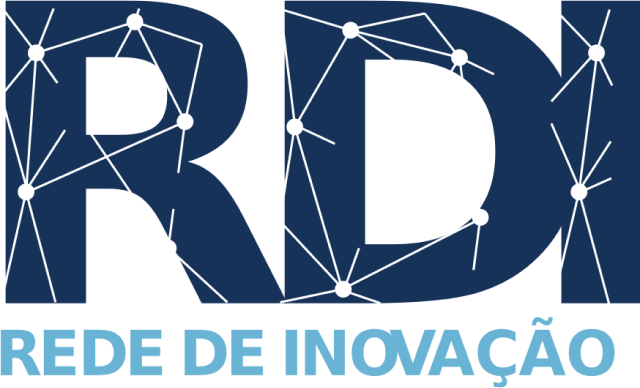

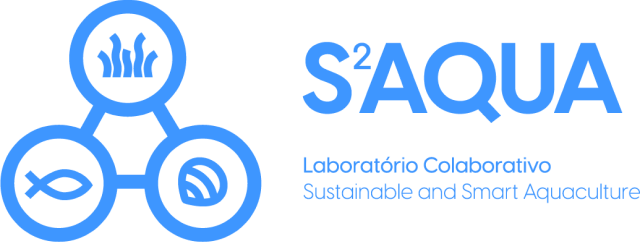
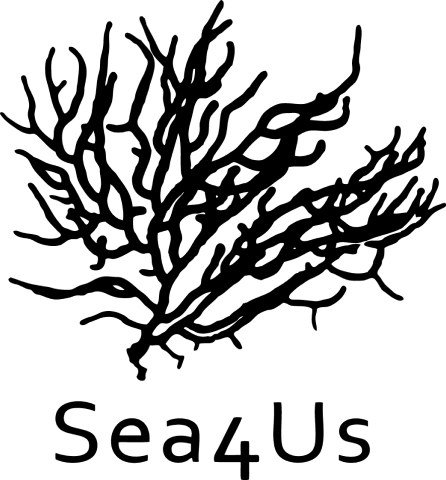
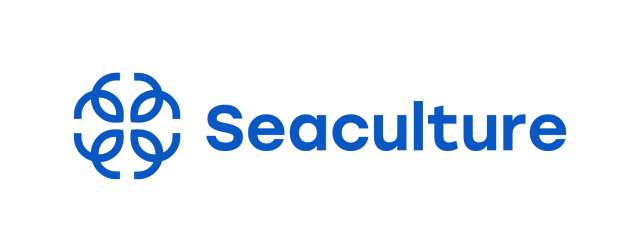


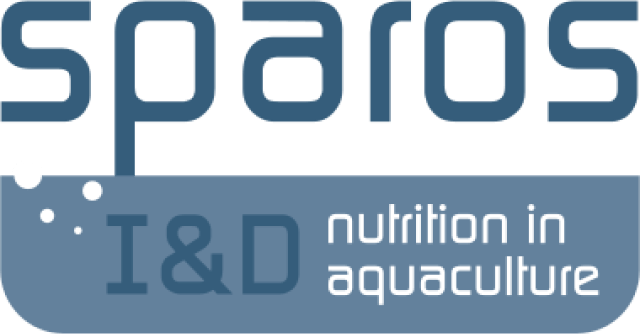
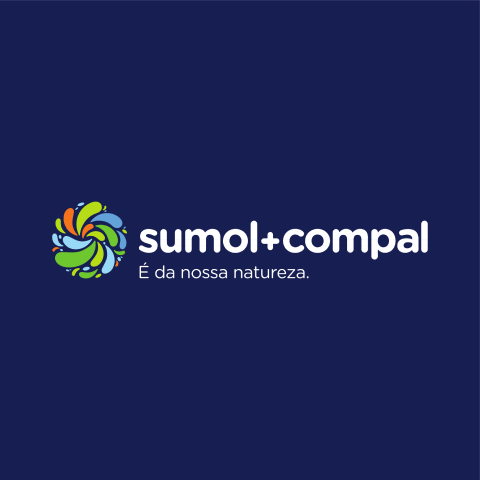
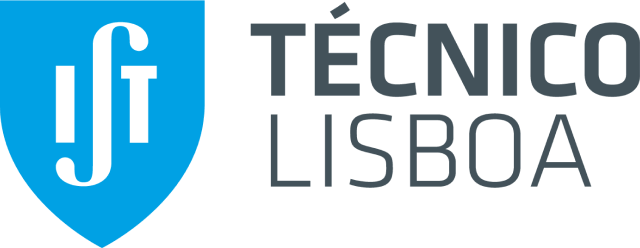

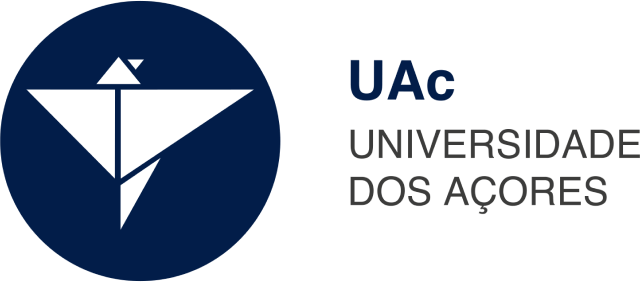

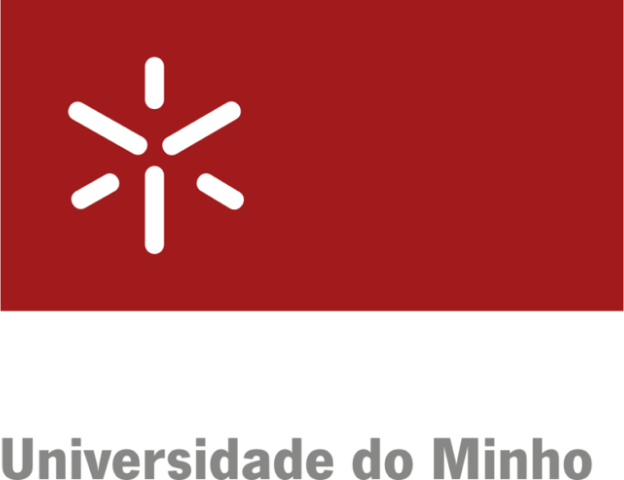

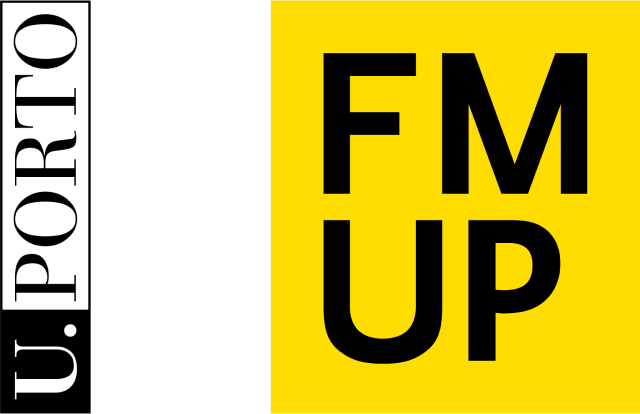
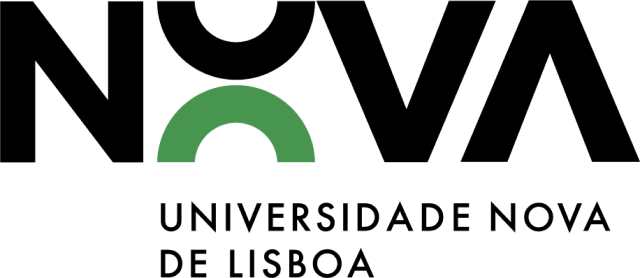
The Science & Achievements behind algae
News and Published articles
Subtitle
Follow Us LinkedIn
Prokaryotic community structure and auxin biosynthesis in early developmental stages of farmed Atlantic Nori (Porphyra spp.)
Seasonal biochemical fingerprints of outdoor cultivated Spirulina (Limnospira platensis) and Microchloropsis gaditana: insights into nutritional and functional shifts
Tailored bacterial co-cultures improve Tisochrysis lutea growth and nutrient profiles under xenic conditions: a new pathway to improve microalgal production
